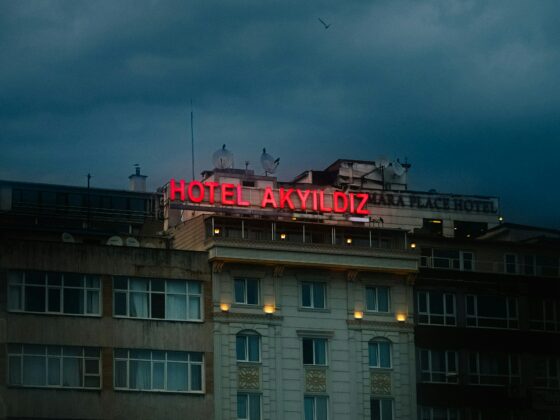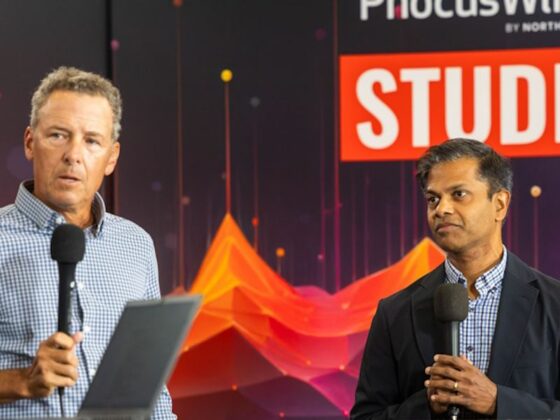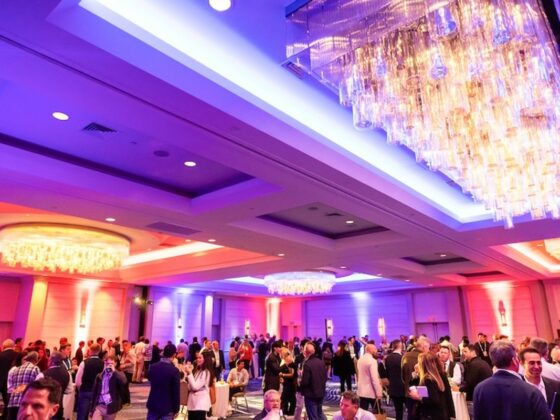
The Generic Trap (The “Heads in Beds” Fallacy)
The most glaring symptom of a generic hotel is its obsession with the “Comp Set.”
Suppose your Revenue Manager starts every morning by checking what the hotel across the street is charging, and your immediate reaction is to adjust your rates to match or slightly undercut them. In that case, you have already lost the strategic battle. By reacting to your neighbor entirely, you tacitly admit that your product is identical to theirs. You are telling the market, “We offer nothing unique, so we must rely on price to win.”
This behavior stems from the “Heads in Beds” fallacy—the belief that occupancy is the ultimate metric of success. Generic hotels cast the widest net possible, trying to attract families, business travelers, honeymooners, and backpackers simultaneously. They dilute their brand identity in a desperate attempt to appeal to everyone.
But here is the reality check: When you try to appeal to everyone, you become the second-best choice for everyone.
You are too noisy for the business traveler, too corporate for the honeymooner, and too expensive for the backpacker. Because you are never the perfect fit for any specific guest, you have no leverage. You cannot charge a premium because you aren’t solving a particular problem better than anyone else. You are simply “available.” And when availability is your only value proposition, you will always be price-sensitive.
Strategy Starts with “The Why” (Purpose-Based Segmentation)
To break free from this cycle, you must stop defining your hotel by its star rating, location, or brand flag. Instead, define it by the guest’s intent.
Guests do not buy a 350-square-foot room with a city view. They buy the result that the room enables. They are hiring your hotel to do a specific job for them. When you understand that job—the “Why”—you can stop selling rooms and start selling solutions.
Consider the vast difference in needs based on the purpose of travel:
- The Connector: This guest is traveling for a family reunion or a wedding. They don’t care about the thread count; they care about communal spaces. They need a friction-free environment where the family can gather, lobby spaces that encourage conversation, and staff that can handle the chaos of a group.
- The Achiever: This guest is in town for high-stakes negotiations. They are selling a product or closing a deal. For them, the hotel is a tool for efficiency. They need absolute reliability, lightning-fast service, and an environment that signals status and competence. A broken iron or spotty Wi-Fi isn’t an inconvenience; it’s a threat to their livelihood.
- The Escapist: This guest is burned out. Their “Why” is the reclamation of sanity. They aren’t looking for a bed; they are looking for silence. They want to disconnect from the noise of their daily life.
- The Explorer: This guest wants to immerse themselves in the local culture. They want the hotel to be a portal to the neighborhood, not a fortress against it.
The Generic Hotel tries to serve all these people at once. The Differentiated Hotelier realizes a fundamental truth: You cannot serve The Achiever and The Connector equally well in the same space.
Differentiation requires the courage to choose. It means building your operation, your service culture, and your physical space around just one or two of these “Whys.” It means effectively “firing” the guests who don’t fit that profile, so you can obsessively serve the ones who do.
Redefining the Competitive Landscape
Once you have identified your “Why,” your view of the market shifts dramatically, and you stop looking at the hotel across the street as your primary rival.
In the old view, a hotelier says, “My competitor is the property with a similar Average Daily Rate (ADR) in the same zip code.” In the new view, the Differentiated Hotelier asks, “Who else is trying to solve this specific problem for my guest?”
The answer is often not a hotel at all.
- If your target is The Connector (large families), your competition isn’t the Hilton next door; it is a large Airbnb three miles away that offers a full kitchen and a living room where the family can hang out together.
- If your target is The Escapist (wellness seekers), your competition isn’t another city hotel; it might be a silent retreat in the mountains, a cruise ship, or even a meditation app used at home.
When you compete on “Purpose” rather than “Proximity,” the competitive landscape changes from a crowded red ocean to a wide-open blue ocean. You are no longer fighting for a 1% shift in market share against five other identical properties. Instead, you are building a category of one.
This is the strategic advantage of differentiation: Irrelevance of the Comp Set. When you provide a solution that no one else in your immediate vicinity offers, the price of the hotel next door becomes irrelevant. You are no longer comparable, so you are no longer commoditized.
The Financial Payoff (Value-Based Pricing)
The ultimate goal of this strategy is not just philosophical; it is financial. Differentiation is the only reliable way to escape rate parity.
When you solve a specific problem perfectly for a specific guest, their price sensitivity decreases dramatically.
- The Achiever will pay a premium for a hotel that guarantees their business trip runs without friction. They aren’t paying extra for the room; they are paying for the certainty of success.
- The Connector will pay a premium for a hotel that guarantees their family reunion is memorable and stress-free. They aren’t paying for the lobby; they are paying for harmony.
In these scenarios, you are no longer pricing based on your costs or your competitors’ rates. You are engaging in Value-Based Pricing. You charge based on the value of the solution you provide.
This approach fundamentally changes your revenue model. You shift from a “Volume Strategy” (fill every room at any price) to a “Profit Strategy.” A Differentiated Hotel might run at lower occupancy than a Generic Hotel, but it commands a significantly higher Average Daily Rate (ADR) and creates higher loyalty.
Furthermore, your marketing efficiency skyrockets. Instead of spending money to reach “everyone,” you spend less money to reach the exact people whose problems you solve.
Conclusion
The difference between a differentiated hotel and a generic one comes down to intentionality. The generic hotel is reactive—constantly adjusting to the market, the season, and the comp set. The differentiated hotel is creative—it creates its own market by solving a specific problem better than anyone else.
Understanding “The Why” allows you to stop selling commodities (square footage) and start selling solutions (outcomes). It transforms your property from a place people stay into a place people need.
So, I leave you with one challenge to test your differentiation strategy: If you removed your logo from your website and lowered your price by 10%, would your guests notice the difference?
If the answer is no, you are still selling a commodity. It’s time to stop looking at your neighbors and start finding your “Why.”







